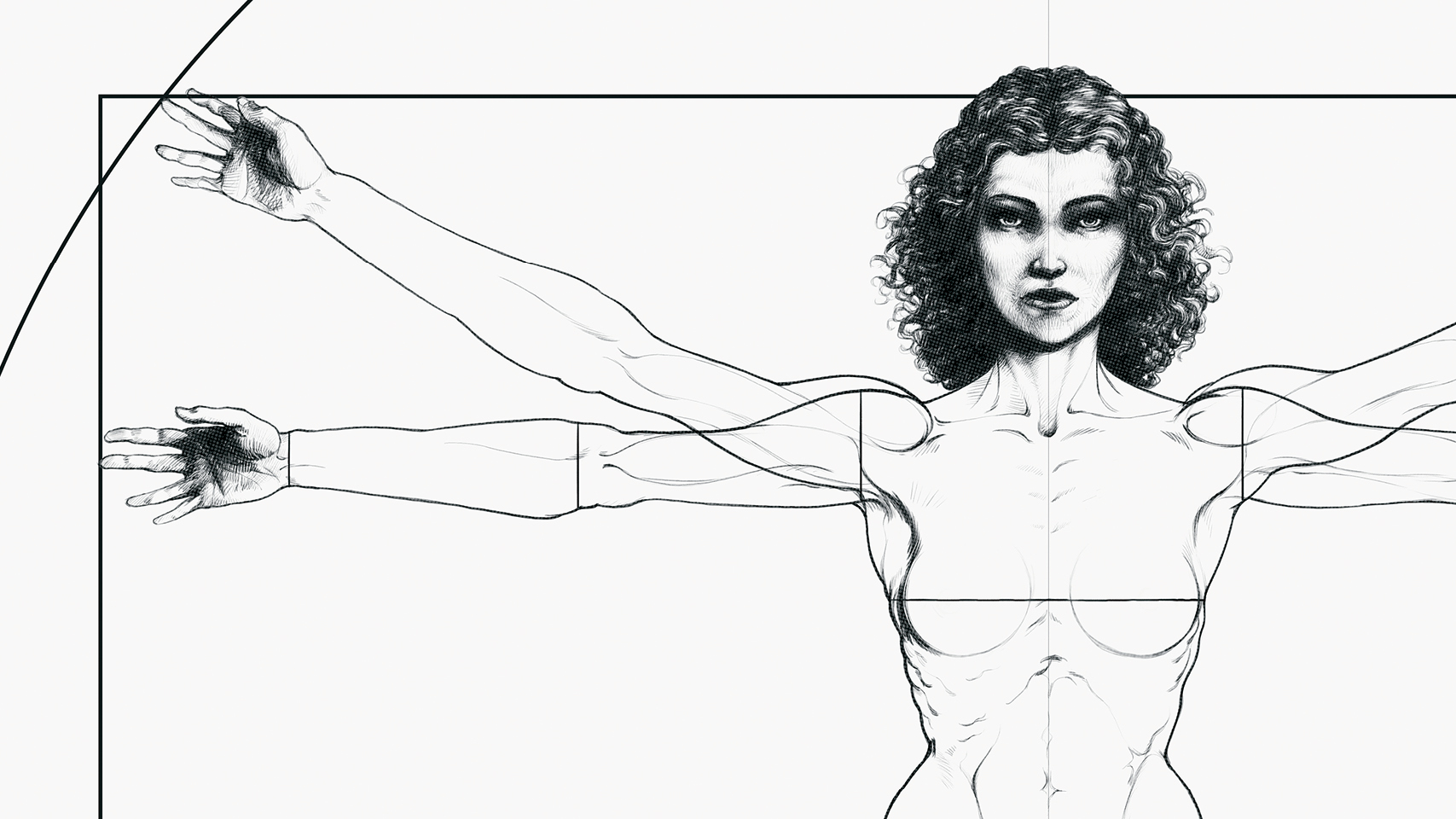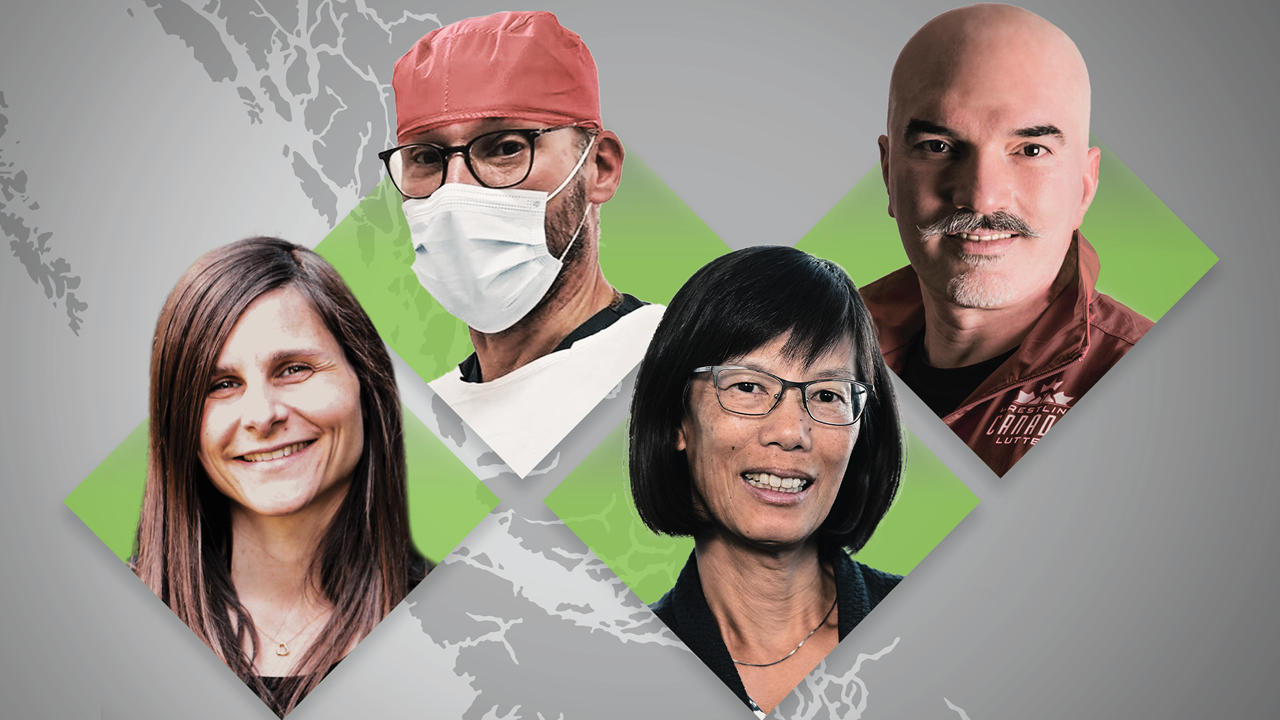Health care, historically, has not been equal. Injuries have existed since the dawn of our species and since that time our growth and understanding of effective treatments and care has grown immeasurably. However, we still stand on uneven ground today when it comes to equity between sexes.
Women distinctly and continually face inequity when it comes to their health. Women’s health is understudied and underfunded, and is having a real-world impact: 75 per cent of adverse drug effects occur in women. 70 per cent of patients with “medically unexplained symptoms” are women. And women are more likely to be dismissed when entering into emergency departments.
Today in Canada women are more often misdiagnosed, misunderstood, and misrepresented than their male counterparts.
With women making up 50.4 per cent of the population in Canada, how has this occurred? As expected, the issue is multifaceted, complex and nuanced. Factors range from a systemic level in the medical community, through to the representation of women in clinical, research, and at leadership levels, to societal and cultural expectations, and beyond. There are also intersectional issues, which add challenges related to other disparities related to race, socioeconomic status, and other factors.
This is what experts at VGH, UBC Hospital and our supported health care centres are determined to transform. And why they are trying to break down these barriers which have resulted in the inequitable access and treatment of care for women in BC, and across the globe.
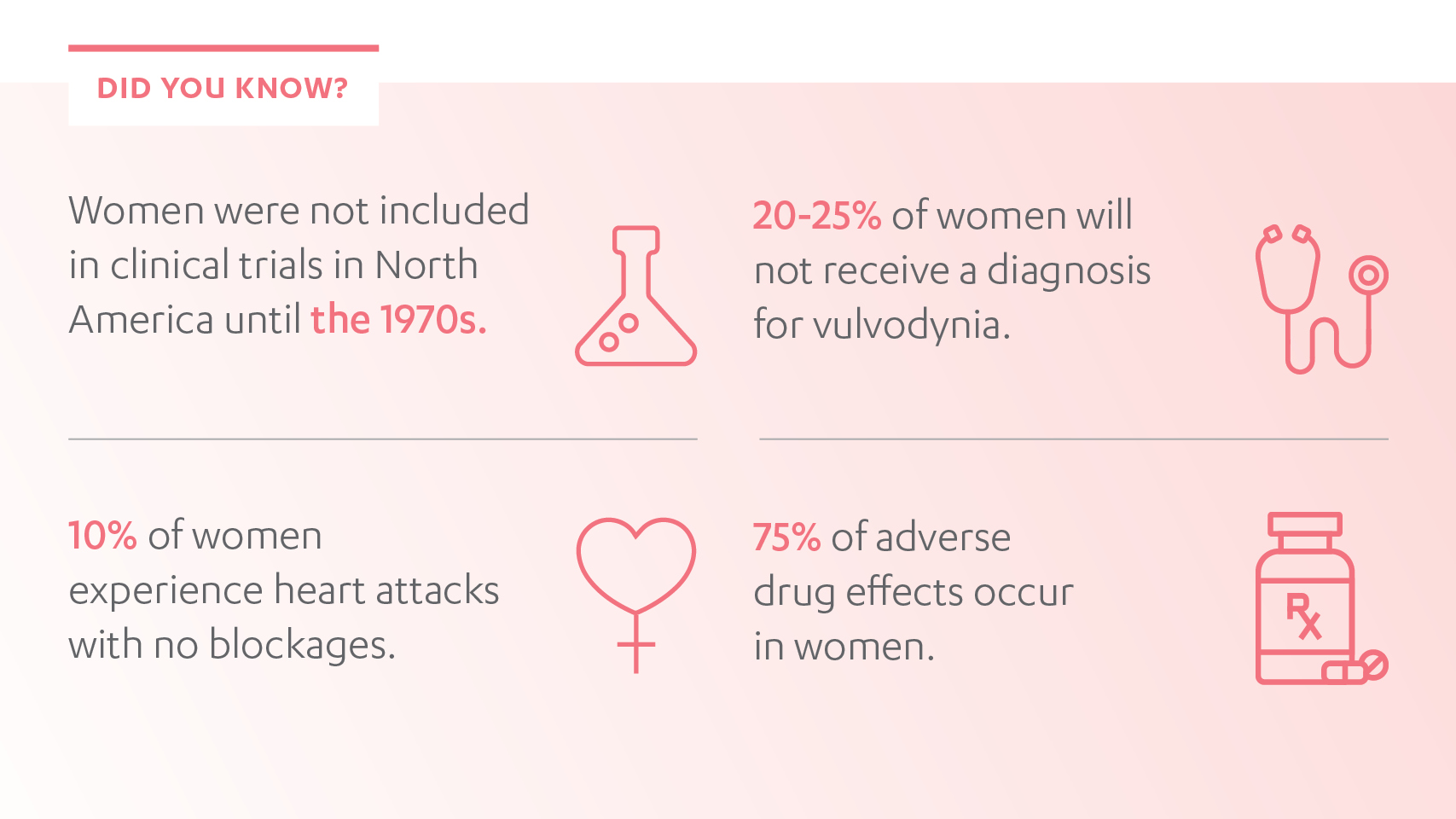
The Heart
The body’s primary organ of the circulatory system. Comprised of four chambers of muscle powered by electricity. We live each moment thanks to this vital body part. Yet a gap in knowledge surrounds women’s heart health. This is what the team at VGH is seeking to transform.
Dr. Tara Sedlak, one of Canada’s few women’s heart health cardiologists and Director of the Leslie Diamond Women’s Heart Health Clinic at VGH, is conducting leading-edge research and improving treatment for women experiencing heart health problems.
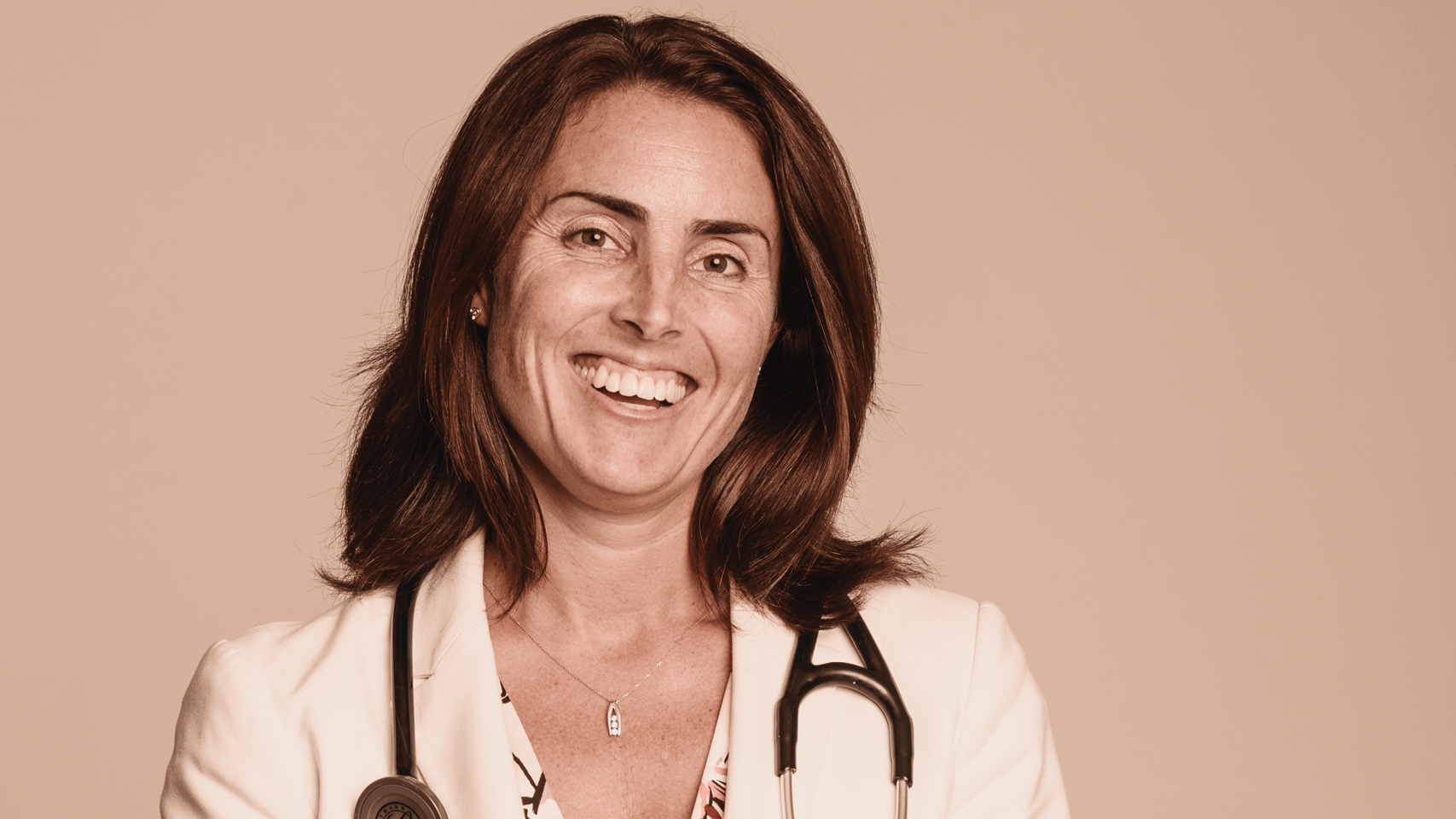
At the clinic, Dr. Sedlak and her team have developed a three-pronged approach to improve care: prevention, cardiac rehabilitation, and attention to refractory or untreated chest pain in women.
Each prong is simultaneously being researched while offering new and improved treatments to their patients. This methodology has created a cycle of virtuous harmony, and has resulted in critical new understandings of female health, including:
- women are two-to-four times more likely to develop heart disease with diabetes,
- 10 per cent of women experience heart attacks with no blockages,
- and traditional heart medications such as beta blockers, calcium channel blockers, nitroglycerine spray, etc., do not always work as well on women. Novel treatments are sometimes needed.
Dr. Jacqueline Saw, cardiologist, discovered and continues to lead the world in researching spontaneous coronary artery dissection, or SCAD. Dr. Saw’s breakthrough uncovered that heart tears were occurring in the small blood vessels surrounding the heart, and has been happening in 90 per cent of cases to women, resulting in a history of misdiagnosis and untreated heart problems leading to a deterioration of health.
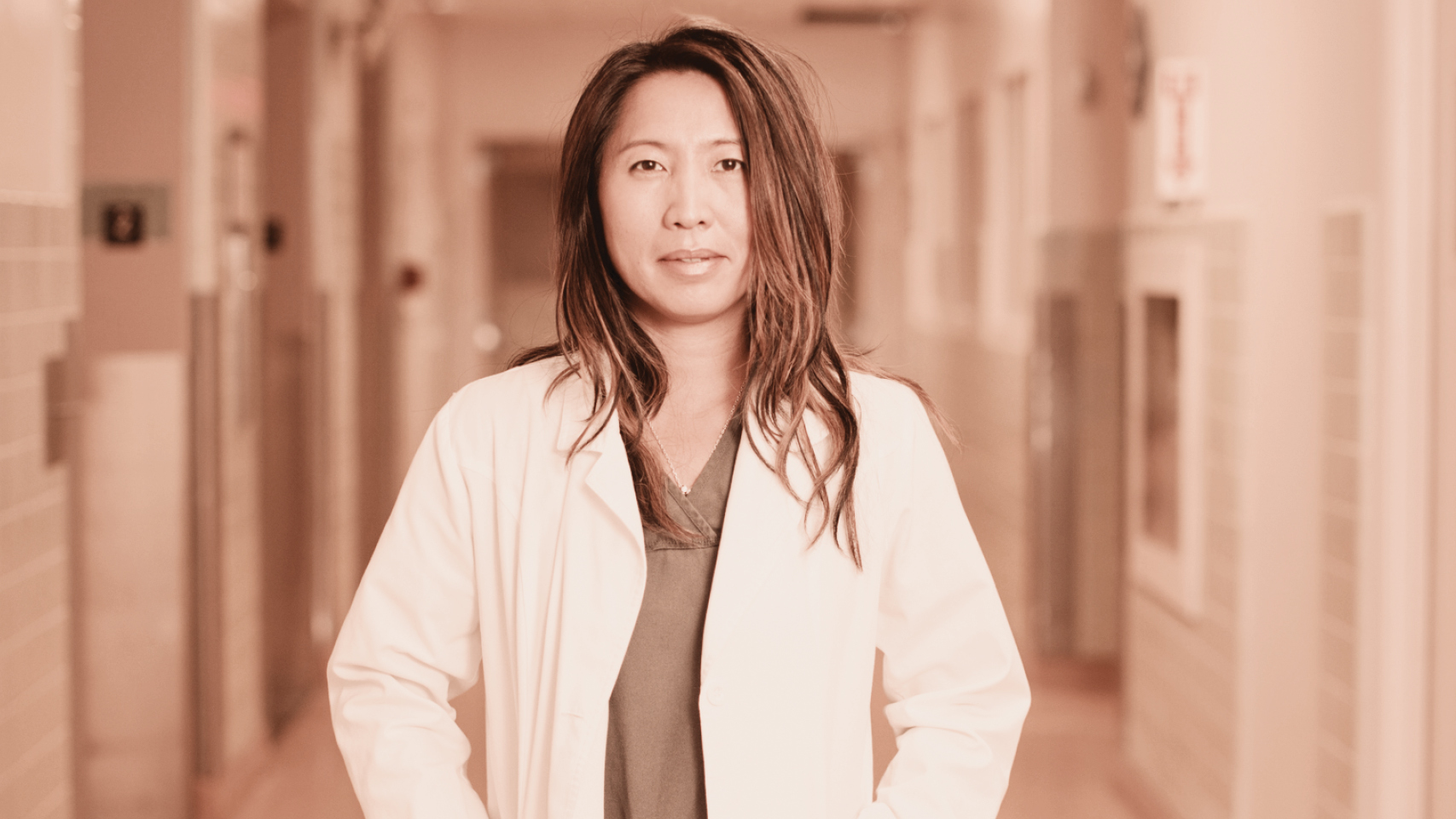
The Brain
The body’s most complex organ. A three-pound body part, it houses nearly all of our being. Despite its critical role, studies driving many advances in brain research have biased towards men. This has resulted in gaps in scientific and medical understanding that can impact treatments and outcomes in brain diseases.
Dr. Thalia Field is one of VGH’s premier stroke neurologists and researchers. Her work is dedicated to treating patients and improving outcomes for people with strokes, vascular neurodegenerative disease, and disadvantaged communities.
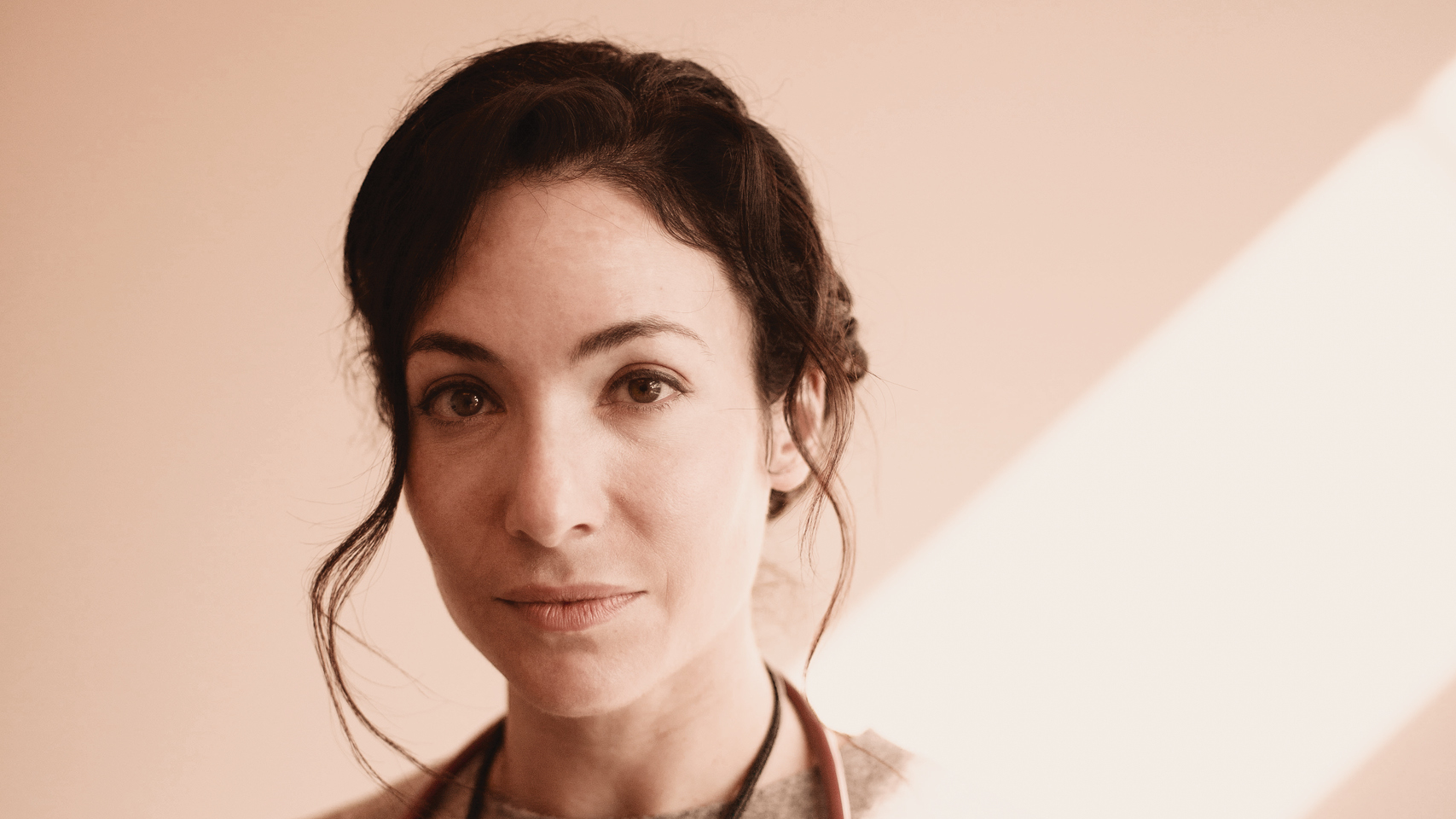
In fighting stroke, she often finds challenges related to inequities between men and women. For example, using medications developed using research with male animals, practicing evidence-based care drive from clinical trials with more male participants, and working with stroke survivors who are recovering in a system where it is easier to have a domestic partner, when women are likelier to be living alone.
This is why Dr. Field and her colleagues are determined to bridge gender gaps. How? Through many initiatives including research that clarifies differences in symptoms experienced by women, and challenges faced by women in navigating the health care system.
This work, which includes collaborators from around the world, is helping to transform medical education to reduce misdiagnoses in women, and improve representation of women in clinical trials for cutting-edge treatments. And while she says they have plenty more to do, they are starting to see the impacts today, which results in better care, improved outcomes, and more lives free from disability and death.
Gynecology, Vulvodynia and Cancer
Gynecology is a specialization in the diagnosis and treatment of conditions affecting women’s reproductive systems. It is an area that has been woefully ignored, yet great strides are being made specifically in cancer care and vulvodynia treatments thanks to these remarkable clinician-scientists.
Dr. Melanie Altas is a gynecologist and Director of the BC Centre for Vulvar Health—the only centre for vulvar health in Canada. It provides comprehensive multidisciplinary care for individuals with complex and chronic vulvar conditions. And at her team’s pain clinic, they take in 300 new patients experiencing chronic vulva pain each year.

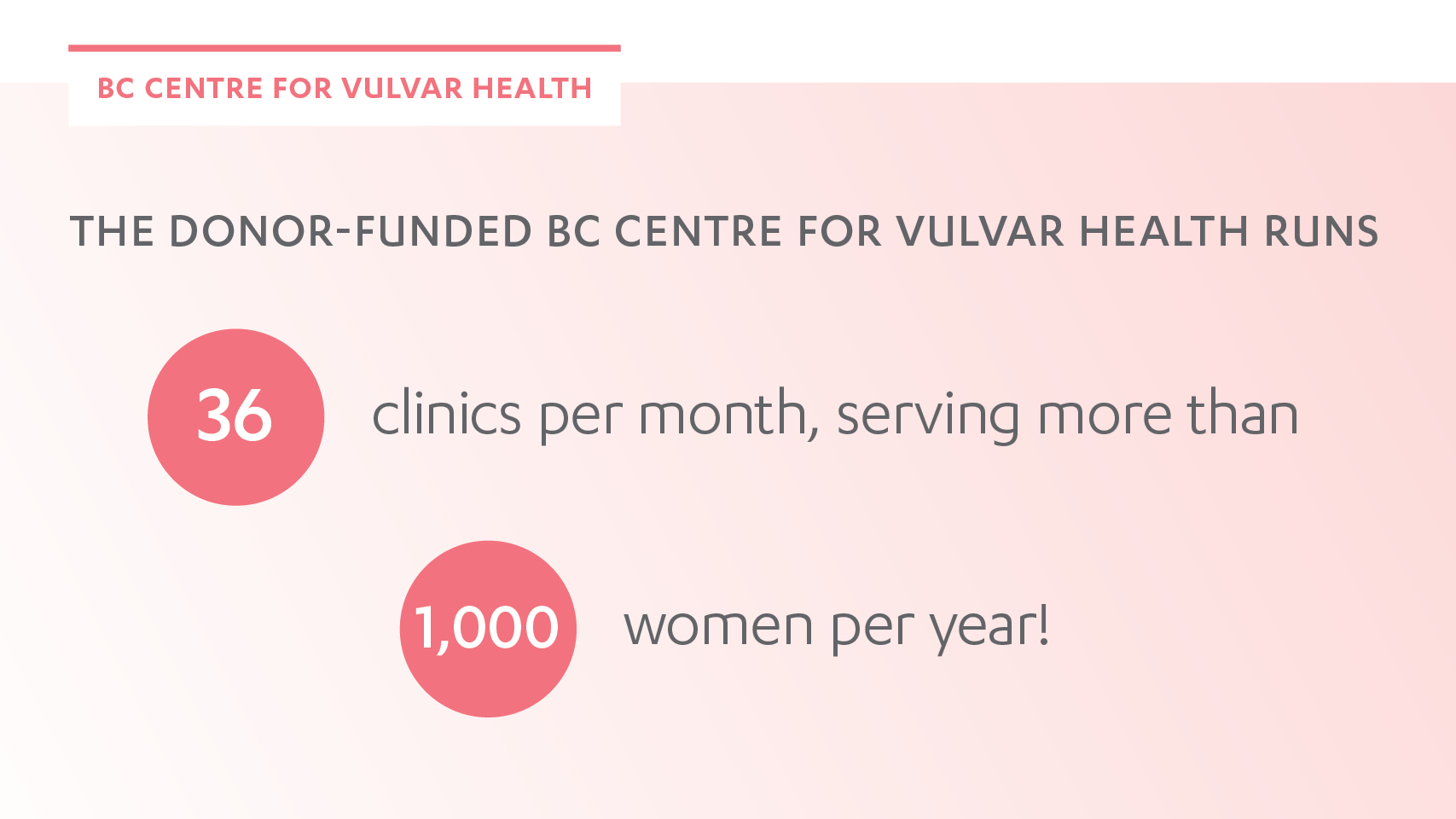
“Even though vulvodynia affects up to 16% of the female population, delays in diagnosis are common. Many women experience shame with vulvar pain, and may be reluctant to bring it up to their family doctor. And when they do, many will be dismissed, being told it’s all in their heads or to relax and have a glass of wine,” says Dr. Altas.
To improve access to care, her team are focused on three key elements: Improving physician education, translating evidence-based knowledge into action through an accessible online toolkit, and increasing public awareness.
Dr. Janice Kwon is a gynecologic oncologist and researcher with the Vancouver Coastal Health Research Institute.
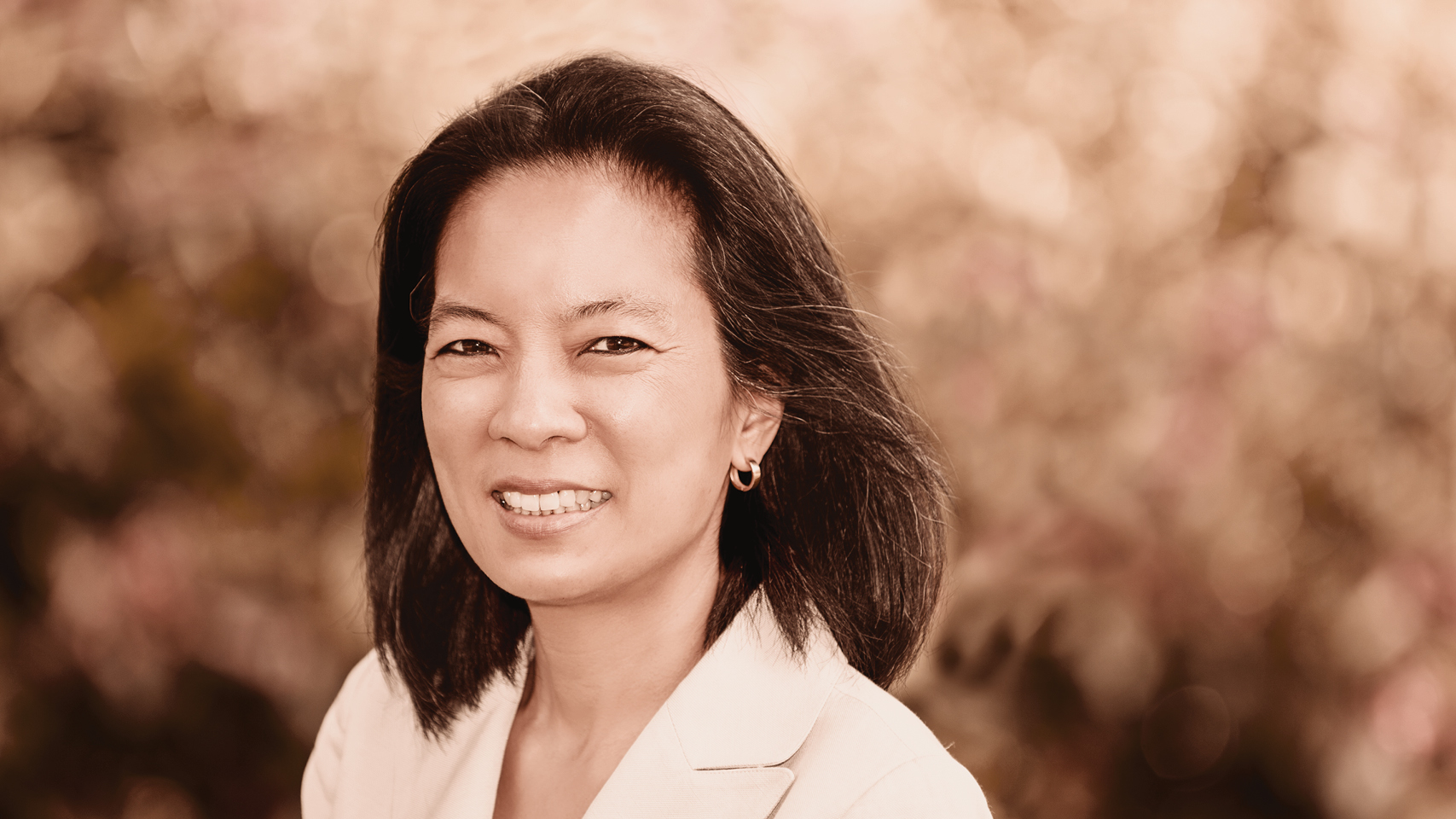
The Vancouver Coastal Health Research Institute (also known as VCHRI) is one of the top funded research institutes in Canada.
VCHRI is the research arm of Vancouver Coastal Health (VCH) and a health partner of the University of British Columbia (UBC). They are a significant part of B.C.’s health research industry and a major health research institute in Canada – and it’s all thanks to generous donors.
She and her colleagues in the field, including members of the Ovarian Cancer Research Program (OVCARE)—a donor-funded powerhouse of multidisciplinary experts focused on ovarian cancer treatment and research —have seen a tremendous leap forward in care in the past 15 years.
“Prevention, improved access to treatments, and personalized medicine are all areas of distinct improvement,” says Dr. Kwon.
In 2008, OVCARE researchers discovered that ovarian cancer is not a single disease but multiple, distinct disease types. This has fundamentally changed the way ovarian cancer research is being performed in BC, nationally and around the world.
In 2010, OVCARE launched the world’s first ovarian cancer prevention program at VGH, called “opportunistic salpingectomy”. This changed the Canadian standard of practice for gynecologic procedures such as hysterectomies and tubal ligations to include, in appropriate cases, the safe removal of the fallopian tubes. This prevents this type of ovarian cancer from ever occurring.
And as a result of this kind of research, women in Canada diagnosed with ovarian cancer undergo testing for BRCA1/2 mutations that are associated with other types of cancer, including breast cancer. Identifying this gene enables risk-reducing interventions for patients and family members, saving further lives.
Hope for the future
After many long years, the needle is finally moving forward on women’s health. From the ground floor in medical schools by updating textbooks and programming, to the research that provides answers and improved access to care, to advocacy and treatments, to the knowledge of the physicians in our communities.
“We’ve come a long way, but just we’ve been underrepresented in the medical field, and I think that’s translated into the kind of care and the research interests all along,” says Dr. Janice Kwon. “But now that women are occupying more positions in health care and we’re becoming more prominent researchers, there’s certainly more attention directed towards women’s health that didn’t exist 20 or 30 years ago.”
Share this:
